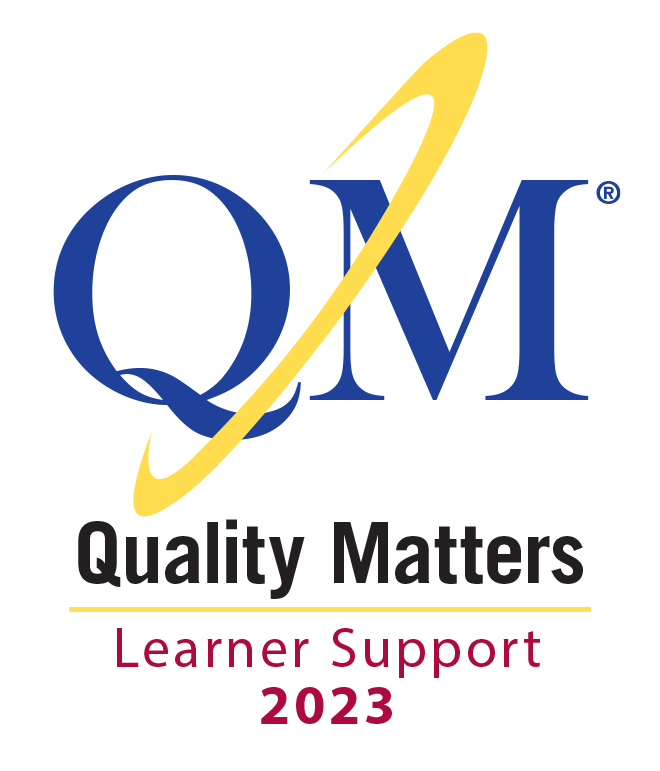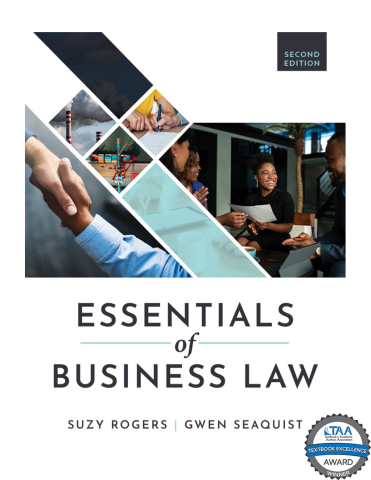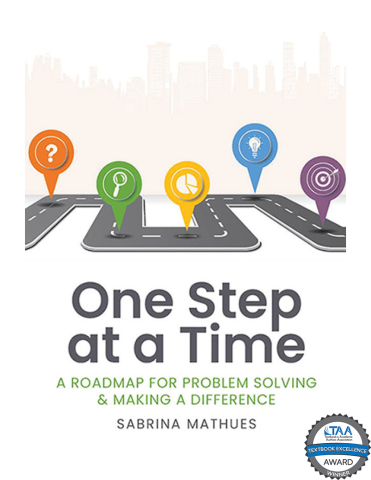Request Information about our Bachelor Degrees
Chart Your Financial Future
Invest in your future with a 100% online, IACBE-accredited Bachelor of Arts in Finance degree from the University of Arizona Global Campus. Every business is an integrated system and needs professionals with finance skills in long-range financial planning and implementation. By earning your online finance degree, you will discover how to measure and secure the efficient use of financial resources.
Upon completion of the BA in Finance degree program, you will be able to:
- Analyze business and financial conditions using appropriate problem-solving skills
- Apply financial theories to conduct financial analysis
- Appraise financial practices to achieve the efficient use of financial resources
- Evaluate the political, social, legal, regulatory, and technological issues in the context of micro- and macro-finance
- Evaluate financial information and non-financial information to appropriately assess business opportunities
- Construct long-range financial planning, implementation, and control systems
UAGC Award-Winning Curriculum
Military Students $250.00/credit
Undergraduate Courses $460.00/credit
Technology Fee** $115.00/course
Books and Other Class Materials** $125.00/average per course
Graduation Fee $150.00
Total Program Cost See UAGC Catalog¹
¹Keep in mind that this figure doesn’t factor in any potential discounts, partner benefits, or impact of accepted transfer credits, if eligible.

UAGC is proud to provide reduced tuition rates for our academic and corporate partners, helping community college transfer students and corporate employees earn their degrees with less financial burden.
Careers Related to Bachelor of Arts in Finance


U.S. Department of Labor data regarding salary ranges and job growth projections are national in nature and do not guarantee employment, any specific salary, or job growth. Also, national long-term projections may not reflect local and/or short-term economic or job conditions. Top Skills are provided via Lightcast job postings data and may not align with UAGC program learning outcomes. UAGC programs are not designed to meet the state educational requirements for a specific professional license or certification in any state. UAGC does not guarantee employment placement, any specific salary from employment, or career advancement.


Course Overview
To earn your Bachelor of Arts in Finance at UAGC, you must complete 120 credits. You will need to complete 30 upper-division credits, of which 18 credits must be from the major program. A total of 30 credits must be completed at the University of Arizona Global Campus to meet the residency requirement. You may be able to transfer approved credits from community colleges, other previous college coursework, or other life experiences such as military service or job training toward your degree.
In this program, 3 credits from the major may also satisfy General Education requirements.
A degree in finance may prepare a student for many different career options. Some of these career options may require holding specific certifications such as Certified Financial Planner, Chartered Financial Analyst or FINRA registration. While a degree program provides a wide background in the finance field, the University of Arizona Global Campus does not guarantee that any student is prepared for any certification examination at the completion of their degree. You are encouraged to research the requirements of each organization so that you can see how your education and work experience can help prepare you for the designation you will need.
Certain degree programs may not be available in all states.
While the University of Arizona Global Campus does not collect applicant criminal background, certain criminal histories may prevent students from obtaining licensure, certification, or employment in their chosen field of study.
The Online Teaching Support Certification recognizes programs that require all online faculty to undergo training in best practices for online course delivery, provide faculty with ongoing pedagogical support, encourage faculty professional development to increase their knowledge and skill in online teaching, emphasize instructor availability and feedback to learners, and collect and use feedback from learners to improve online teaching. Learn More

The Online Learner Support Certification recognizes programs that provide all the critical student and academic services needed for learner success and use learner feedback to continuously improve those services.

What Can I Do With a Degree in Finance?
As an undergraduate finance major, just a few of the many professional career paths you may choose to pursue include:
- Credit Administration Manager
- Loan Officer
- Financial Risk Specialist
- Financial Analyst
- Budget Analyst
- Personal Financial Advisor
With your Bachelor of Arts in Finance degree from UAGC, you can prepare for a variety of careers, including commercial and investment banking, financial planning, corporate and public finance, real estate, risk management, insurance and more. A finance degree is highly versatile and can be curated to meet your career needs.
Gain insights into the finance job market by reviewing the Bureau of Labor Statistics market outlook report.
The course content is really good, really valuable.
BA in Finance FAQs
-
Pursuing a major in finance may open the door to a multitude of career opportunities in various sectors such as banking, investment, corporate finance, financial planning, risk management, and more. A few additional benefits to majoring in finance include:
- Financial literacy and decision-making skills
- Adaptable skill sets that can be used around the world
- Competitive salaries in a high-demand job market
- Continuous learning and growth opportunities
- Job security and stability
-
The value of a finance degree depends on your career goals and interests. It can provide a strong foundation for many finance-related careers, offering opportunities for growth and higher earning potential.
-
Depending on your level of dedication and full-time status, a bachelor’s degree in finance provides entry-level learning opportunities and can usually take full-time students four years to complete. Additionally, a finance degree can be required for many different finance positions in the field, while a bachelor’s degree is often a minimum requirement for some finance-related certifications. This is something to take into consideration when planning out both your education and career goals.
-
Yes, earning a bachelor's in finance can open the door to entry-level positions in various financial sectors. Gaining experience and further education, such as a Master of Business Administration degree, can help prepare you for higher positions in finance.
-
A bachelor’s in finance provides you with an understanding of financial analysis, financial management, and financial systems. You’ll build your skills in long-range financial planning and implementation and learn problem-solving skills, including the ability to analyze business and financial conditions.
At UAGC, our online finance degree program will start you off by teaching you the main principles of finance and then take you into the principles of investments. During your bachelor’s in finance program, you will have the opportunity to take classes in international finance or financial risk and mitigation, taking your finance skills even further. Your online finance degree courses include subjects like markets, investments, risk management, and micro and macroeconomics.
-
Earning a BA in Finance online can offer several benefits, but it's important to carefully consider your goals and learning style to determine if this mode of education is the right fit for you. Here are some of the advantages of pursuing an online bachelor's degree in finance at UAGC:
- Flexible Online Classroom: Discover an online classroom experience that gives you the flexibility to create your own schedule. You will have access to 24/7 online support and service along with all the tools and technology needed for you to successfully complete your program coursework.
- Educational Format: You will be learning from the best, as our finance faculty have had many years in the industry and possess a range of financial certifications. By having faculty who have the professional and necessary real-world experience in finance, you and your degree are given added value.
See What Else UAGC Has to Offer
Questions? Request More Information
*
These tuition costs are estimated based on average undergraduate students; rates are not guaranteed.
**
The Technology Fee covers access to University systems such as the online classroom, the Student Portal, and other academic resources. The Technology Fee and the Course Digital Materials (CDM) Fee are fully refundable if a student does not attend beyond Day 3 of a course (Week 3 if covered under the University of Arizona Global Campus Promise Refund Schedule). After this time, the fee becomes non-refundable. Students are charged the Technology Fee for repeated coursework. Students are not charged the CDM fee for repeated coursework if previously charged.
The transferability of credits is subject to the University of Arizona Global Campus transfer credit policies and requires the submission of official transcripts. The official transcripts will be evaluated by the Registrar’s Office to determine the credits that will officially apply toward a UAGC degree program. Credits must be earned at the same degree level in order to be applied. Additional restrictions may apply. See the UAGC Academic Catalog for full undergraduate and graduate transfer policies.






